Counting practice Building Vocabulary Worksheets for Ages 7-8
9 filtered results
-
From - To
Enhance your child’s learning experience with our Counting Practice Building Vocabulary Worksheets designed specifically for ages 7-8. These engaging worksheets integrate counting skills with vocabulary development, helping children reinforce number recognition and expand their word knowledge simultaneously. Each worksheet features colorful illustrations and interactive exercises that make learning fun and effective. Students will enjoy counting objects while discovering new words, fostering a love for math and language. Ideal for classrooms or at-home learning, these worksheets are perfect for encouraging critical thinking and improving overall academic skills. Dive into a world of fun learning and watch your child thrive!


Fish Worksheet
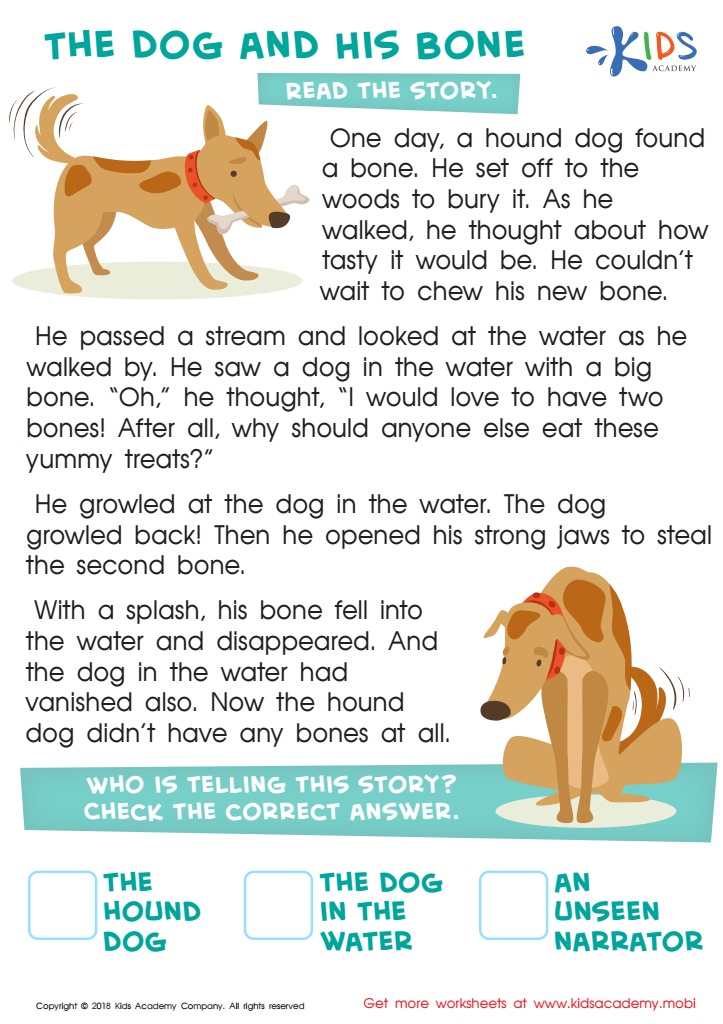

The Dog and His Bone Worksheet


More Octopus Facts Worksheet
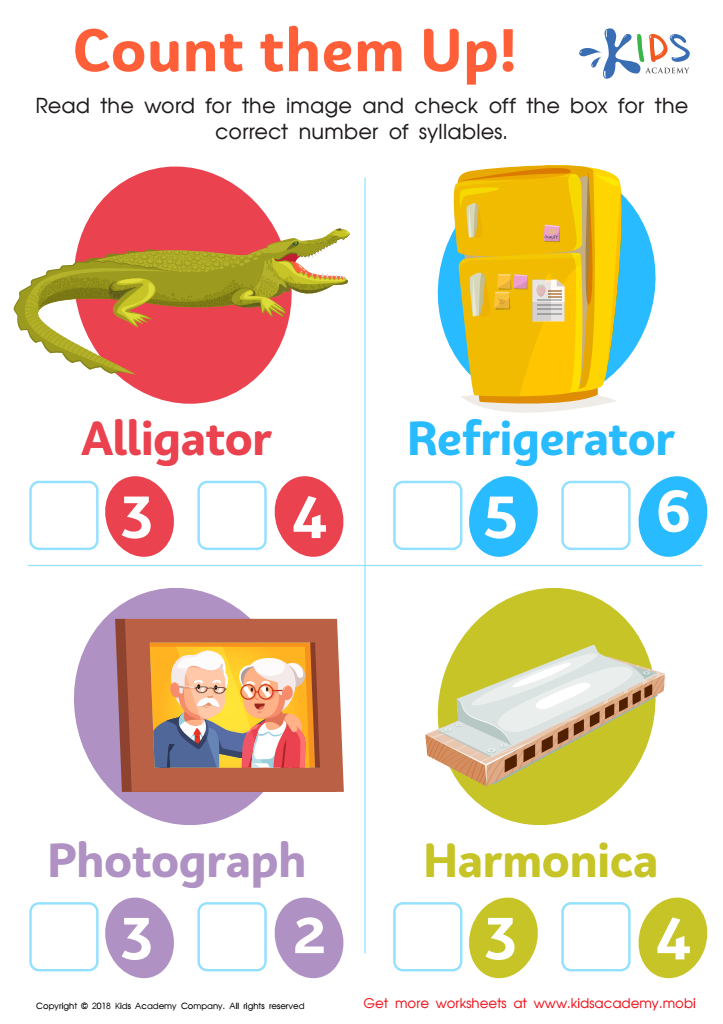

Count Them Up Worksheet
Counting practice and building vocabulary are essential components of a child's development during ages 7-8. At this stage, children are developing critical thinking and cognitive skills, which are foundational for future learning.
Counting practice not only strengthens a child’s understanding of numbers but also enhances their ability to solve problems and understand mathematical concepts. This is particularly important as they tackle more complex arithmetic operations and begin to perceive relationships between numbers, setting the stage for success in subjects like science and technology.
On the other hand, vocabulary development during early elementary years impacts reading comprehension and communication skills. This age is crucial for expanding a child's language through exposure to varied words and contexts. A well-developed vocabulary allows children to express their thoughts more clearly and understand academic content better. It also fuels cognitive connections as they encounter new concepts across disciplines.
In essence, parents and teachers should actively engage in counting practice and vocabulary building because they foster essential skills that contribute to academic success, enhance critical thinking, and help shape a child’s overall communication abilities, ensuring they are well-prepared for the challenges of higher education. Investing time in these areas now fosters lifelong learning and confidence.
 Assign to My Students
Assign to My Students










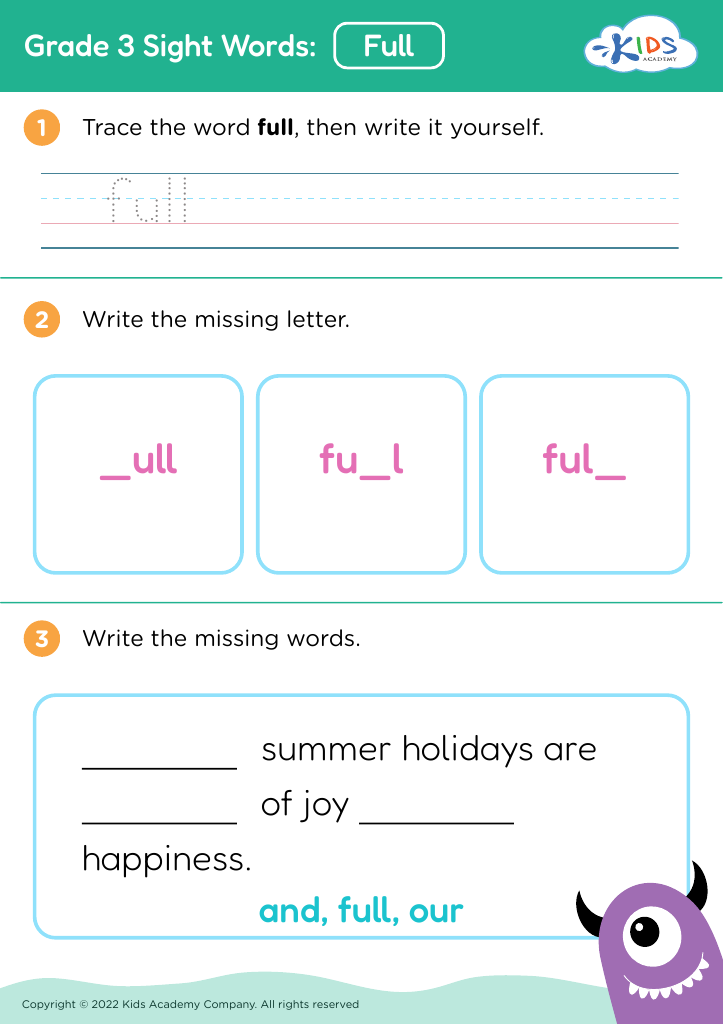

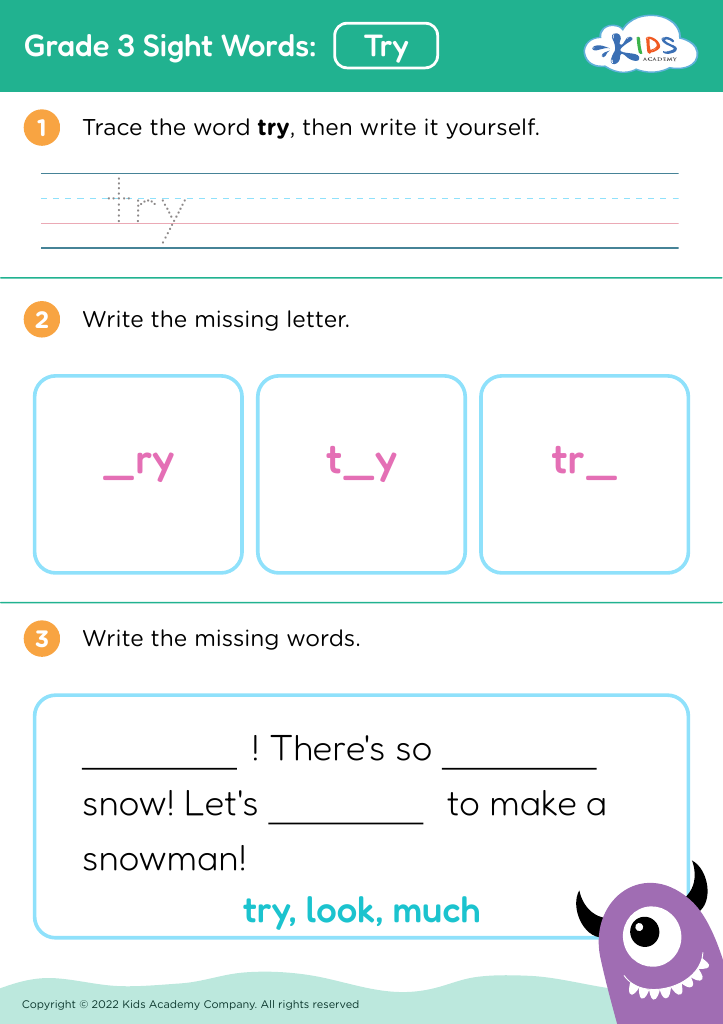
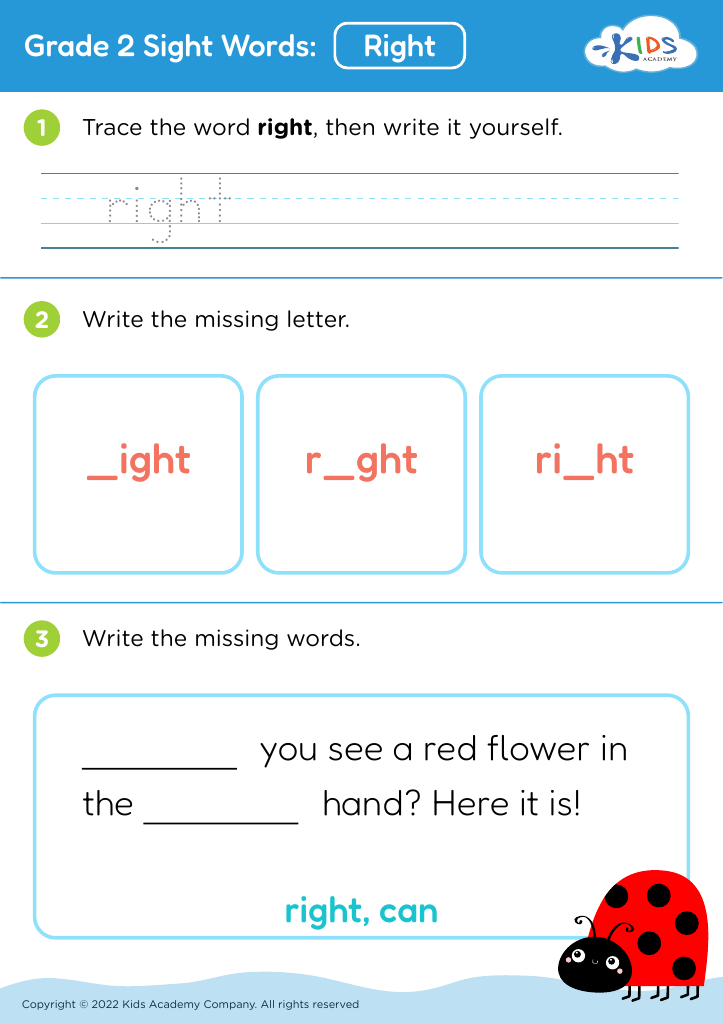



.jpg)













